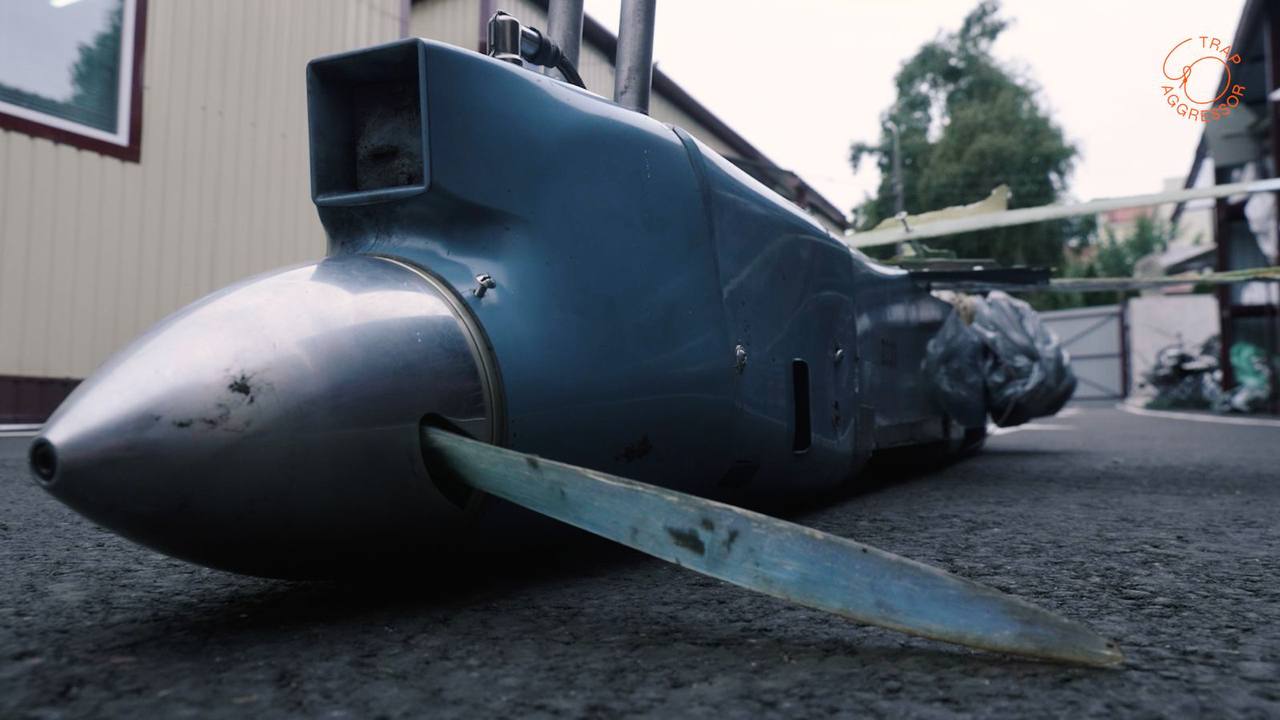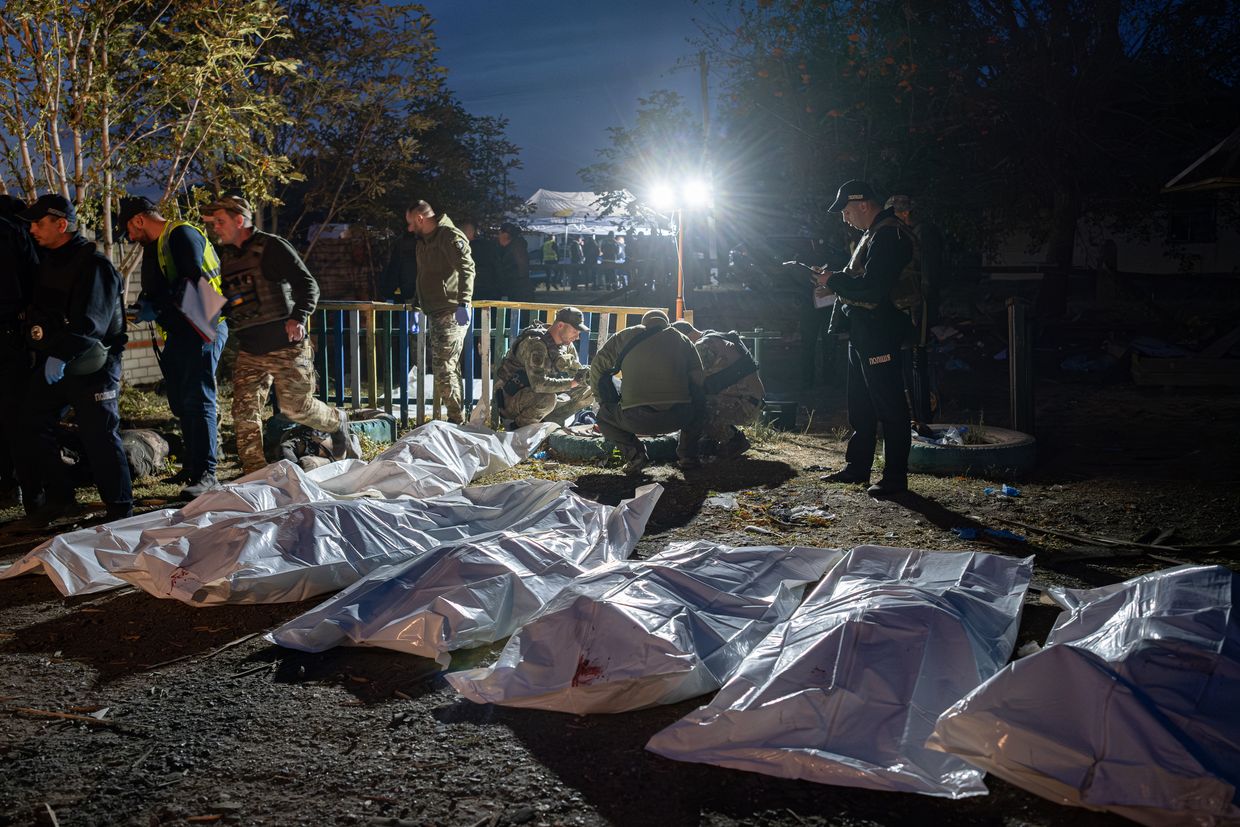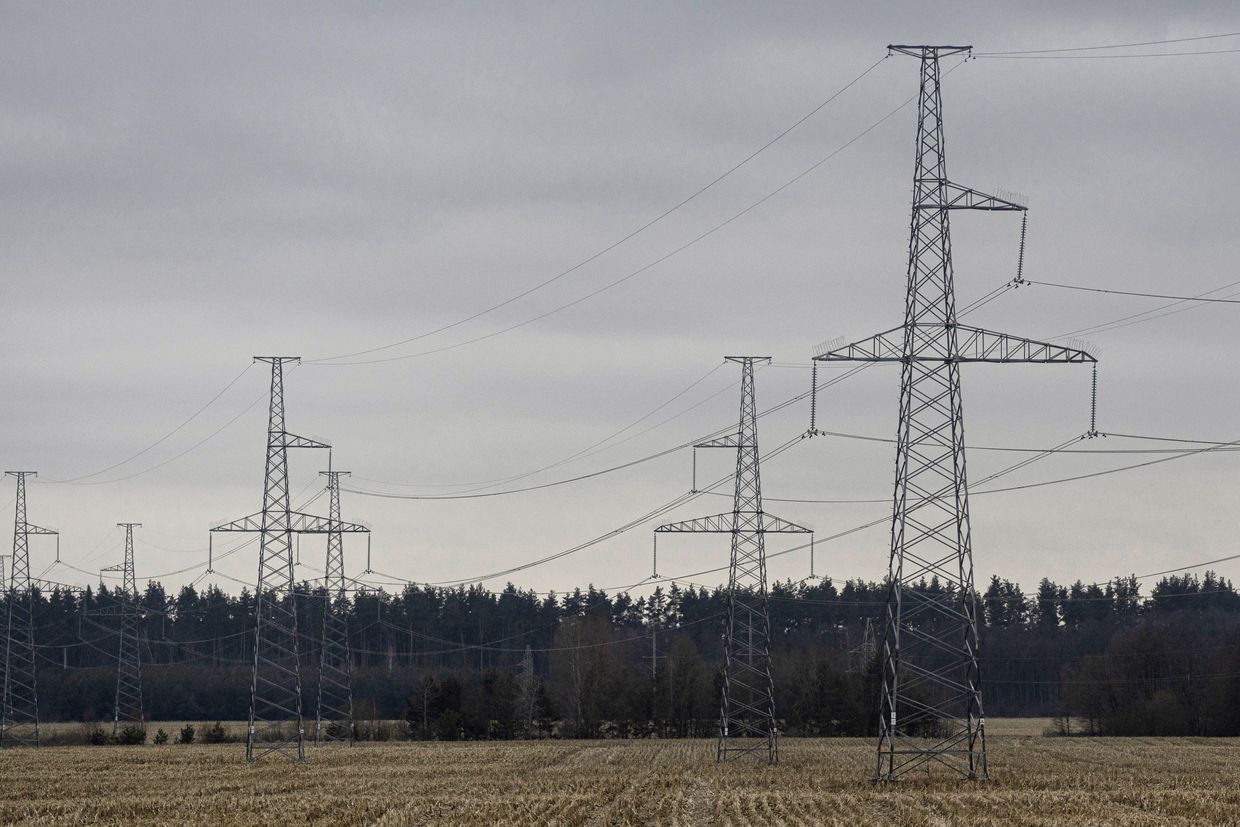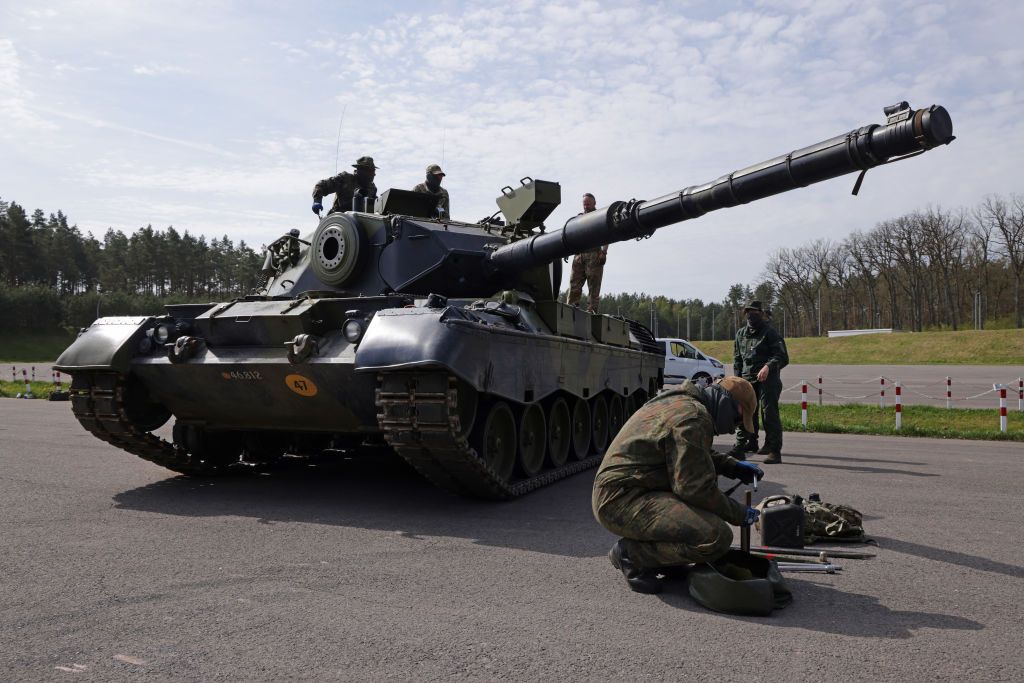Ukraine war latest: North Korea supplies Russia with weaponry, US official says

Key developments on Oct. 6:
- North Korea supplies Russia with weaponry, U.S. official says
- Russian attack on Kharkiv kills 2, injures 30
- 4 people still missing in Hroza after rescue operation ends at missile attack site
- Sweden announces $200 million military aid package, considering sending fighter jets
- Politico: Biden considering using State Department grants to bypass congressional inaction on Ukraine funding
North Korea has started to deliver artillery to Russia for its war in Ukraine, CBS News reported on Oct. 5, citing a U.S. official.
The deliveries appear "to be the culmination" of a meeting between North Korean dictator Kim Jong Un and Russian dictator Vladimir Putin in Russia in September, CBS said.
On Sept. 15, Kremlin spokesperson Dmitry Peskov said that the two leaders had signed no agreements during their meeting on Sept. 13.
However, the two leaders met in Russia's eastern Amur Oblast to reportedly negotiate an arms sale agreement. The meeting lasted about five hours.
On Sept. 27, U.S. State Department spokesperson Matthew Miller told reporters that North Korea was continuing arms negotiations with Russia and intended to strike a deal soon.
It is unclear whether the transfer of artillery "is part of a new, long-term supply chain, or a more limited consignment," CBS said, adding that it is also not yet clear what Pyongyang is getting in return for sending the weapons.
Russian Foreign Minister Sergey Lavrov plans to visit Pyongyang in October, according to reports that cite a local South Korean news agency.
Russian attack on Kharkiv kills 2, injures 30
A Russian attack on Kharkiv on the morning of Oct. 6 killed a 68-year-old woman and her 10-year-old grandson, Interior Minister Ihor Klymenko reported.
The attack also injured 30 people, including the 68-year-old woman's 11-month-old grandchild.
Two Iskander missiles hit the city, one striking a road and damaging nearby infrastructure. The other hit an apartment building, causing fires.
The body of the 10-year-old boy was found beneath the rubble.
Kharkiv Oblast has been a constant target of Russian strikes due to its border with Russia since Russian troops retreated in September 2022.
4 people still missing in Hroza after rescue operation ends at missile attack site
Four people remain missing, including two children, following a Russian strike that killed 52 people in the village of Hroza, Serhiy Bolvinov, the head of the investigative department of the regional police, said on Oct. 6.
Bolvinov said that the rescue operation is over.
At least 60 people were gathered in a cafe for a memorial service for a fallen soldier being reburied in the village.
While the rescue phase of the operation was over by 8 p.m. on Oct. 5, workers spent the next day going "through every brick and removed all the remains of the bodies," Bolvinov said.
The emergency services used specially-trained dogs to search for the dead.
Bodies that have not been identified have been sent to laboratories to undergo DNA testing.
He added that only small fragments of the bodies remained in some cases.
The attack wiped out over half of the village's population in the single deadliest Russian attack against civilians in 2023.
The attack was likely carried out with a Russian Iskander ballistic missile and was targeted, according to the local police.
Vienna summoned the Russian ambassador following the attack on the village in Kharkiv Oblast on Oct. 5, the Austrian Foreign Affairs Ministry said on Oct. 6.
"Attacks on civilians are a war crime. Those responsible must be held accountable," the Foreign Affairs Ministry said.
Sweden announces $200 million military aid package, considering sending fighter jets
Sweden will send a new military aid package worth 2.2 billion Swedish krona ($199.8 million) to Ukraine, the Swedish Defense Ministry announced on Oct. 6.
The ministry has also asked its armed forces to assess whether Sweden can deliver Gripen fighter jets to Ukraine. Ukrainian pilots have already performed test flights on the jets.
Kyiv has sought modern Western fighter jets, such as F-16s and Gripens, to bolster its air force amid the ongoing Russian invasion.
The report results are due by Nov. 6, but domestic security considerations mean that Sweden first needs to become a member of NATO before it can give away any of its jets, according to Jonson.
NATO member states Turkey and Hungary are currently posing an obstacle to the accession of Sweden.
On Sept. 25, Hungarian Prime Minister Viktor Orban said he saw no urgency to approve Sweden's NATO bid.
The following day, Reuters reported that Turkey would only ratify Sweden's accession to NATO if the U.S. approves the sale of its F-16 fighter jets to Ankara.
The new Swedish military aid package consists mainly of artillery ammunition, but also spare parts, infantry equipment, and communications equipment.
This is the 14th Swedish military aid package to Ukraine since the start of Russia's full-scale invasion, bringing the total value of military support donated by Sweden to 22.2 Swedish krona ($2.02 billion).
Politico: Biden considering using State Department grants to bypass congressional inaction on Ukraine funding
President Joe Biden has reportedly considered alternative methods of funding that do not require congressional approval, Politico reported on Oct. 6.
The State Department program allows for the provision of grants or loans for allied countries to purchase military equipment and could be a stopgap solution as the U.S. Congress continues to debate the inclusion of aid for Ukraine in forthcoming spending bills.
The use of State Department grants is among a number of options the Biden administration is considering to circumvent the impasse in Congress, at least temporarily, unnamed sources in the U.S. government told Politico.
To prevent a government shutdown, Congress passed a short-term bill on Sept. 30 to keep the government running for another 45 days, but the bill did not include provisions for aid for Ukraine.
On Oct. 2, a Pentagon spokesman warned that money remaining from previously allocated funding packages was running out, which could cause disruptions to the flow of aid.
Most options to authorize new funding for Ukraine require approval from Congress, which is currently embroiled in the complicated process of selecting a replacement for outgoing Speaker Kevin McCarthy.
Although there is relative unity within the U.S. Senate about the continuation of aid for Ukraine, including among Senate Republicans led by Sen. Mitch McConnell, the picture is less clear in the Republican-led House of Representatives.
















